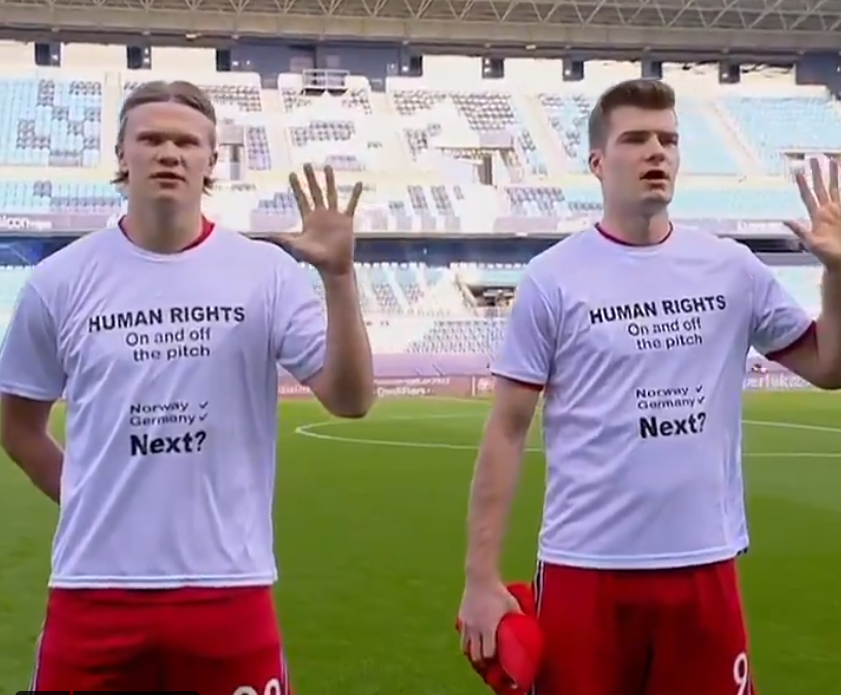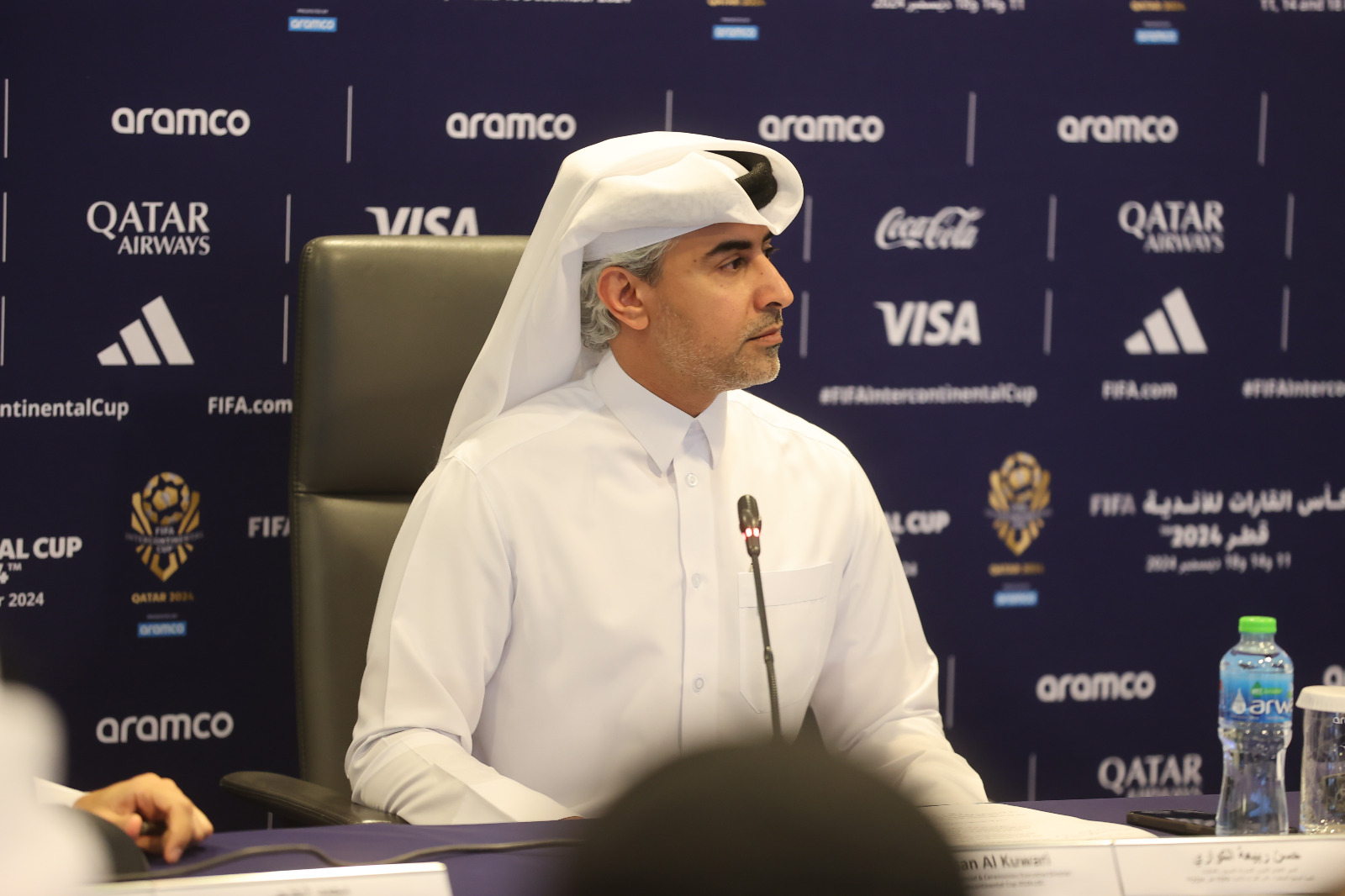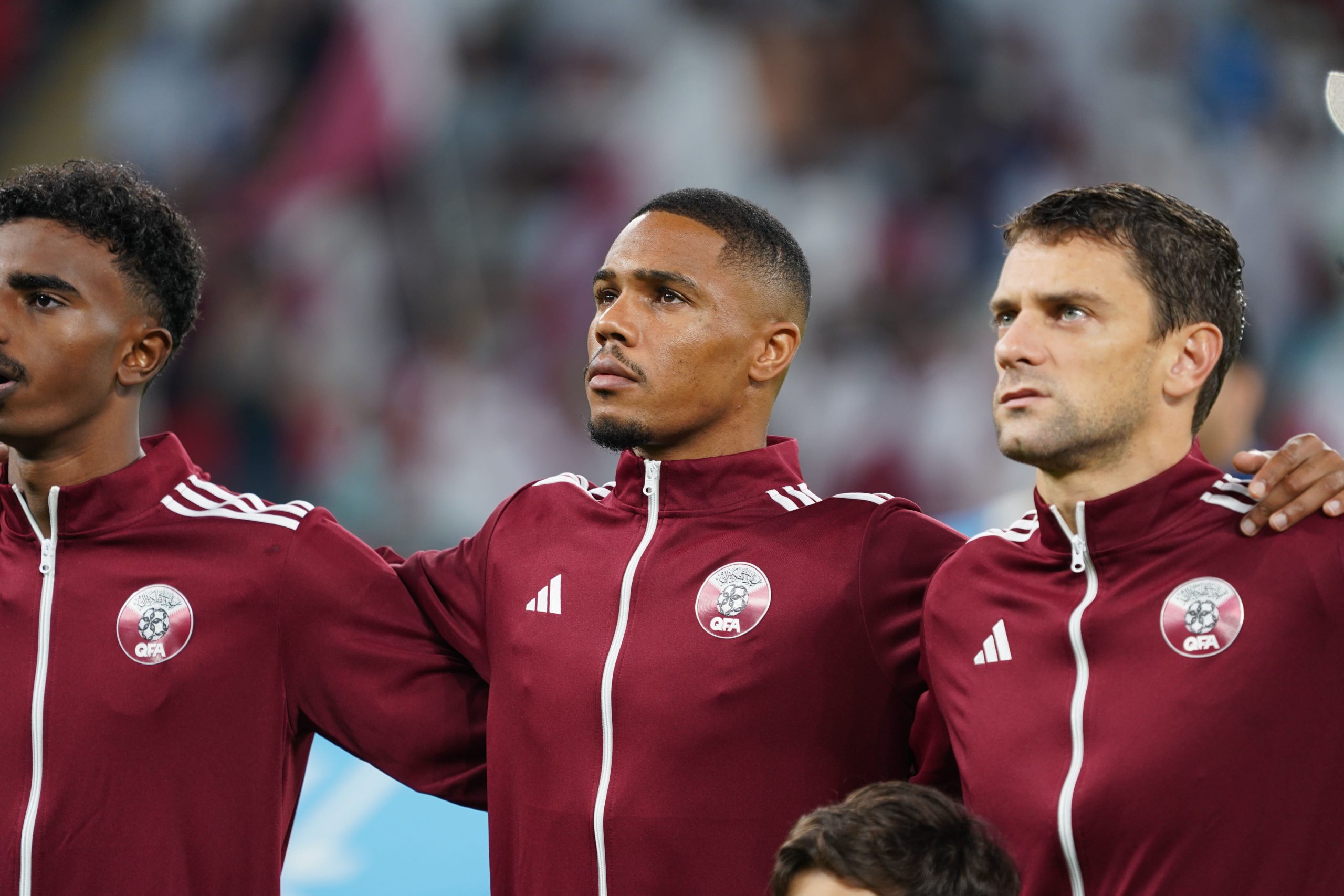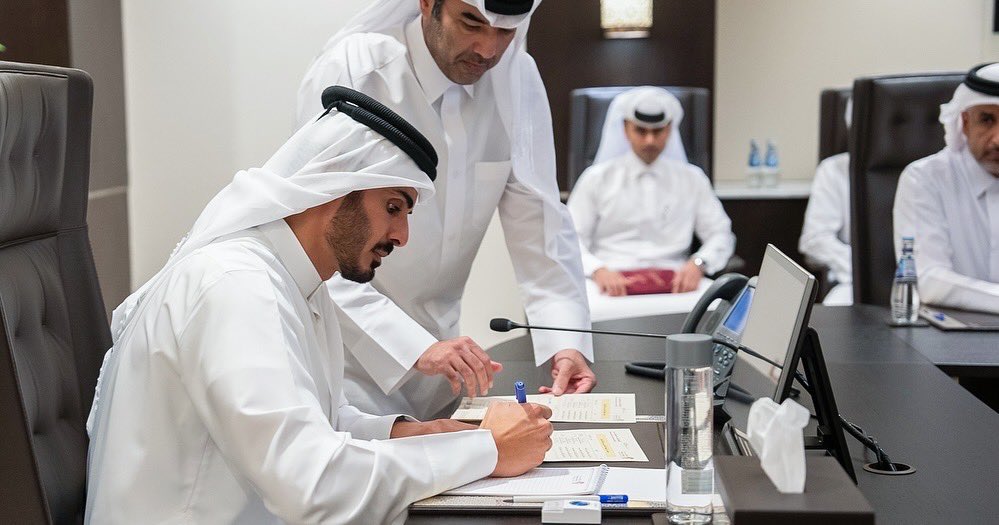In the realm of Qatar and its human rights concerns, it’s true that there are issues that need to be addressed, however it is also true that media coverage in Europe is often shrill and misaimed, writes David B Roberts.
In today’s media landscape and society, there is intense pressure to pick a side. Social media technologies, which are fundamentally driven by clicks and controversy, exacerbate these trends. Nuance is in short supply, while simplistic narratives of good and bad are the currency of our times, speaking to preset camps, with preset opinions, who search for confirmation rather than challenge.
Yet the world is complex and, more often than not, two things can be true at the same time. In the realm of Qatar and its human rights concerns, it is true that much of the blame rests with the state, its lax approach to changing its laws, its rollbacks, and its lack of enforcement. However, it is also true that media coverage of these issues in Europe is often shrill and misaimed.
https://dohanews.co/qatar-has-made-strong-progress-on-human-rights-but-more-work-needed/
Qatar’s issues
Qatar won the right to host the FIFA 2022 World Cup on 2nd December 2010, some eleven years ago. Their bid was controversial from the beginning. FIFA’s own report judged it to be ‘high-risk’, while the concept of hosting a World Cup during Qatar’s baking summer – the promised plan – was plainly absurd. Add to this the nature of Qatar’s restrictive labour laws, and the state was guaranteed to be the subject of extreme press coverage.
Read also: Qatar to improve data collection on workers’ deaths after Amnesty report
It is clearly true that there has been progress on various issues surrounding human rights in Qatar. Reforms have taken place when it comes to removing (most) exit permits, there is a new minimum wage, many barriers for changing jobs have been lifted, and so on. It is equally true, however, that enforcement has been sorely lacking. Moreover, there were signs that Qatar’s former Shura Council wanted to reverse some progress. Given the recent elections for the Shura Council, it is likely such trends will continue.
The net result of Qatar’s decade of foot-dragging reform is that the state has its name dragged through the mud on a regular basis by the European press. This builds up animosities in Qatar among Qataris who feel they are unfairly targeted while Europe’s press continually whips itself into indignant anger.
There is nothing easy about ‘solving’ the problems Qatar has with its labour laws. Qatar is no democracy (nor does it claim to be), and its citizens only make up around 10% of the population, but informally they can exert influence on government policies. Given that the vast majority of Qatari households employ foreigners under their sponsorship – whether as workers for their multinational corporation, small business, or in their household – the prospect of undoing the varied laws that control 90% of the state’s population is unpopular.
However, given the decade of condemnation, it is ever clearer that the thorny nettle of workers’ reforms ought to have been grasped a long time ago. Qatari citizens could have been handsomely compensated, financially at least, for the extra costs imposed by loosening the kafala system. A decade of bad press has hurt Qatar’s image. Moreover, it is a missed opportunity to genuinely alleviate difficulties for Qatar’s workers and develop and deploy a mantra as a worker’s champion to boost the state brand to lead regional change.
Press coverage
At the same time, European press coverage is often skewed. The latest example is of myriad grimly intoned articles criticising Qatar after two Norwegian journalists were detained and deported on a reporting trip. From what we know so far, in reality, this looks like a non-story: “People Arrested For Trespassing & Breaking Law“ would be a more accurate headline. However, because of a decade’s worth of Qatar’s reputation preceding it, the accepted narrative has been set, and criticism emerges reflexively.
Read also: Norwegian journalist arrested for assault in Qatar days after reporters detained for trespassing
Arguably the focus on Qatar is disproportionate. If journalists are operating purely on a human rights-driven metric, then there are considerably more substantive offenders to focus on. Had the US won the rights to host the 2014 or 2018 World Cup, would the European sporting press have called for a boycott in light of the death and destruction wrought by the 9/11 wars? I think not. Some may dismiss this critique as ‘whataboutery’; alternatively, it can be viewed as seeking consistency.
European press coverage is motivated by various concerns. Some give the impression of covering Qatar mendaciously, perhaps irked that this tiny state, with – they believe – no footballing heritage, bought its way to the top of the game. Others simply act instrumentally: they cover Qatar because it is a salacious story that wins clicks. Equally, many are doubtless earnest and want to engender changes in, for example, workers’ rights legislation. The question then becomes what is the best strategy to achieve this aim?
The implicit argument underpinning much of the coverage of Qatar – or, for that matter, the Saudi sovereign wealth fund takeover of Newcastle United – is that they were not and are not fit and proper entities and ought not have been allowed to bid in the first place.
Read also: One of Qatar’s only workers unions elects new body to protect worker rights
How, then, do proponents of change expect to influence and alter the status quo? These high-profile ventures present opportunities for acres of column inches, the building of coalitions of pressure, and some changes – yes, not enough – have unquestionably resulted, surely all good things from the perspective of groups agitating for change?
Dr David B Roberts is an Associate Professor at King’s College London and Adjunct Faculty at Sciences Po. He is the author of Qatar: Securing the Global Ambitions of a City State (2017).
Follow Doha News on Twitter, Instagram, Facebook and Youtube







